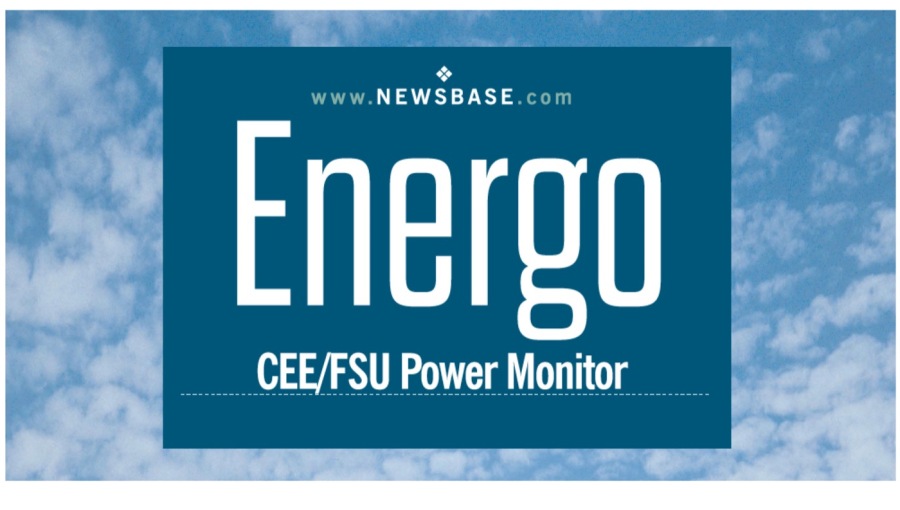ENERGO: Rosneft boss Sechin calls for Russian carbon trading system to be internationally recognised

Rosneft CEO Igor Sechin has called on the Kremlin to ensure that the EU acknowledges Russia’s own CO2 emissions quota system when calculating how much carbon tax Russian exporters must pay on their supplies to the bloc. Sechin made the appeal in a letter to Russian President Vladimir Putin, warning that the border taxes could inflict far greater damage to the Russian economy than international sanctions.
Russia is introducing its own, voluntary carbon trading system, partly in response to the EU’s decision to apply a carbon tax to imports starting in 2026. The system allows Russian companies to offset the emissions associated with their products by investing in carbon absorption projects in Russia’s vast forests.
Moscow hopes that this system will be taken into account when the EU calculates its border taxes, meaning that more of the resulting receipts go to Russia’s coffers rather than those of Brussels.
Sechin, who is one of the most influential figures in Russia’s power circles, went even further, urging the Kremlin to seek to have Russia put on a list of countries that are exempt from the carbon tax because of the greenhouse gas (GHG) absorbing capacity of their ecosystems.
Russia estimates that EU border taxes could affect $7.6bn of annual Russian exports, including iron ore, aluminium, pipes, electricity and cement. It could also later be expanded to cover Russian oil and gas exports, which are the government's largest revenue-earners.
The rationale behind the EU’s taxation policy is that it will ensure that third-party suppliers to the bloc’s markets do not have an unfair advantage over domestic companies that must pay carbon tax. It is also aimed at encouraging suppliers outside the EU to take action against climate change.
Russia is also putting pressure on its neighbouring states to adopt carbon regulation. Economic Development Minister Maksim Reshetnikov said on August 31 that Russia would push to consolidate the carbon regulation of all members of the Eurasian Economic Union (EEU), which also include Kazakhstan, Kyrgyzstan, Belarus and Armenia. Again, this attempt at harmonising the rules and standards is aimed at ensuring companies across the trading bloc operate on a level playing field.
“In our view, launching a system for carbon trading is the most effective way to accelerate decarbonisation and, along with the EU border carbon adjustments, the proposals for the joint response of members of the EEU seem logical, as EEU integration for the energy sector has been approved,” VTB Capital (VTBC) said in a recent research note.
In Russia, so far only the Sakhalin region has adopted a mandatory carbon trading system, charging companies RUB1,500-2,000 for every tonne of CO2 that they emit. But other provinces including Bashkiria have also expressed interest in such a scheme.
Kazakhstan has also introduced a national carbon trading system, setting the tax at $1.2 per tonne of CO2 as of April, while providing a certain quota of free carbon permits.
“Were similar rules to be imposed for Russian gencos, the immediate negative effect on Russian utilities would likely be milder that it might have been,” VTBC said.




Follow us online